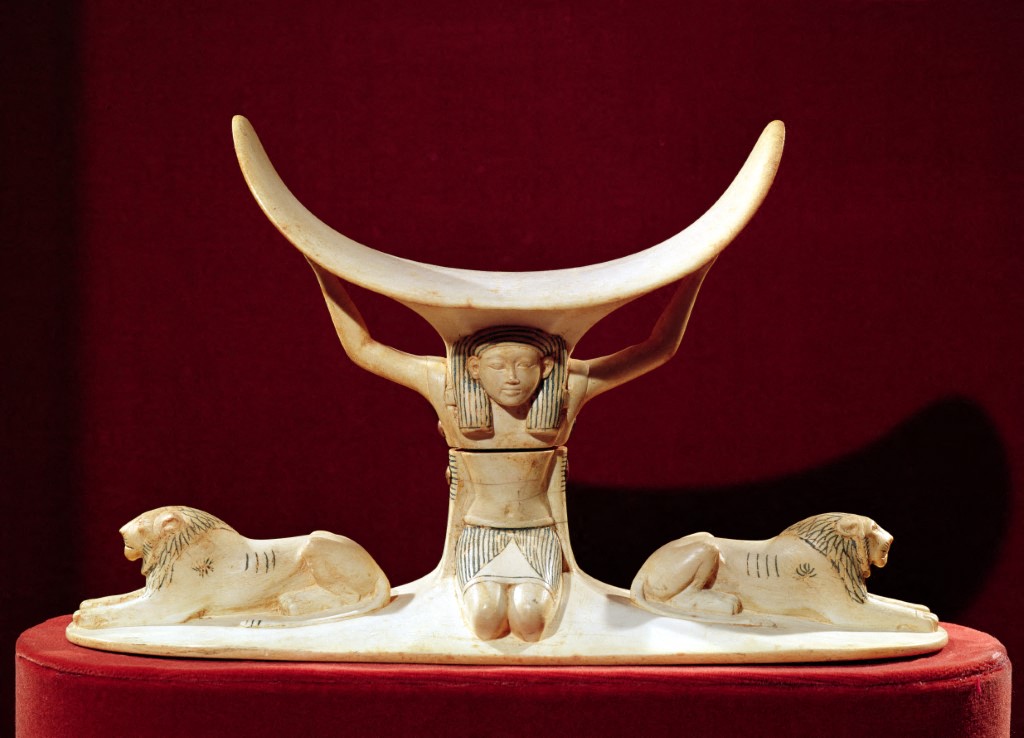Cairo, Egypt – A limestone tablet dating back more than 4,000 years has disappeared from Egypt’s Saqqara necropolis, authorities said Monday, weeks after a gold bracelet was stolen from the national museum.
“All necessary legal procedures have been taken and the case has been referred to the public prosecution for investigation,” it added.
The tablet was found in a tomb from the sixth dynasty of ancient Egypt (circa 2345- 2181 BC), the ministry said.
Discovered in the 1950s, the tomb was used to store antiquities and had been closed since 2019, it added.
In September, Egyptian police said they arrested a museum employee and three alleged accomplices after a priceless ancient gold bracelet was stolen from Cairo’s Egyptian Museum, sold for about $4,000 and then melted down.
The 3,000-year-old bracelet, a gold band adorned with lapis lazuli beads, dated back to the reign of Amenemope, a pharaoh of Egypt’s 21st Dynasty (1070-945 BC).
The theft and smuggling of antiquities are common in Egypt, with several high-profile cases recorded.
Last month, an Egyptian man was sentenced to six months in jail in the United States for smuggling nearly 600 looted artefacts onto the international market.
The latest incident comes ahead of the anticipated November 1 opening of Egypt’s new Grand Egyptian Museum, a major cultural project near the Giza Pyramids that has been years in the making.








